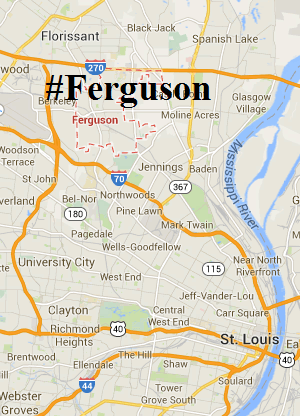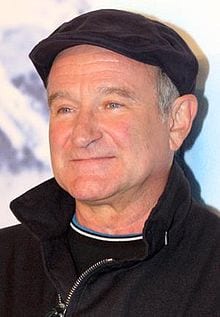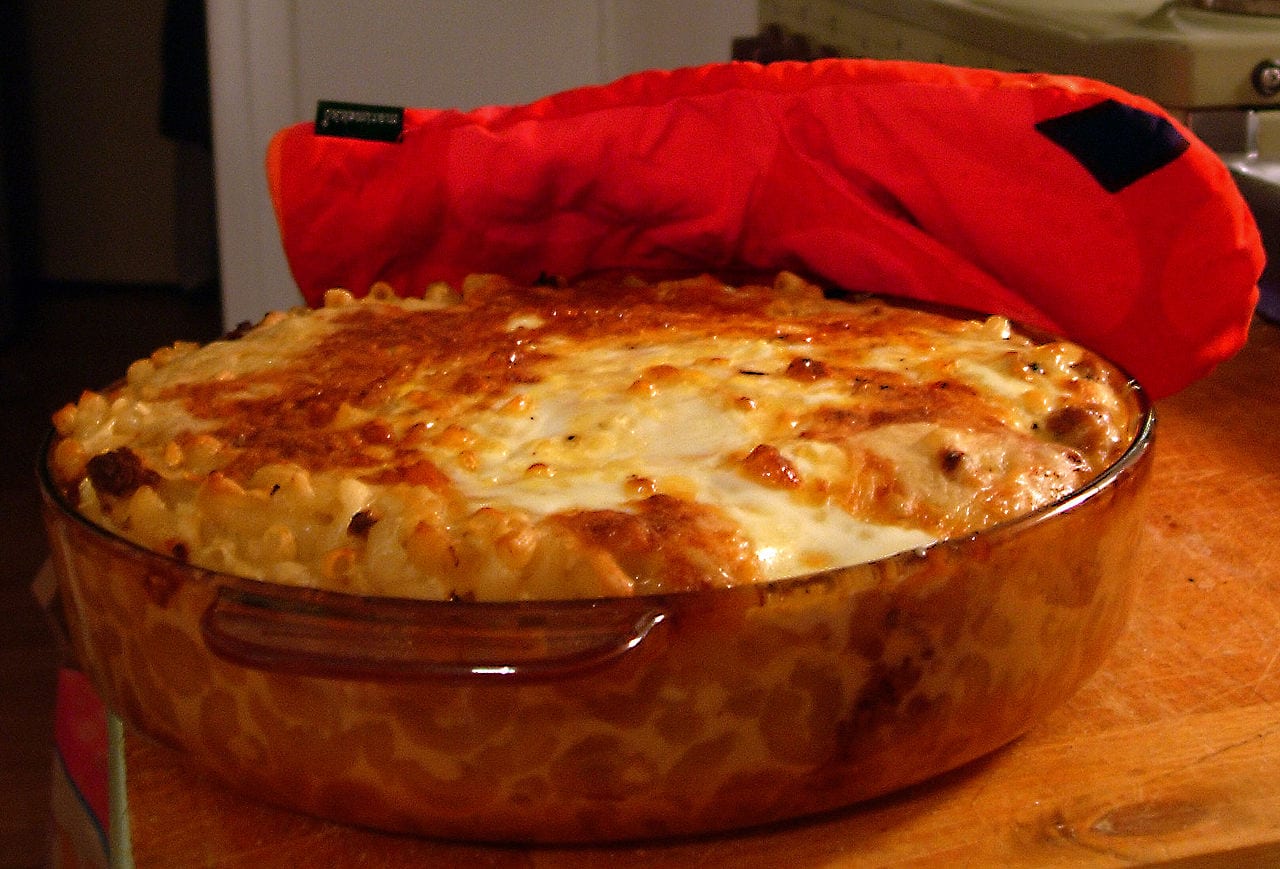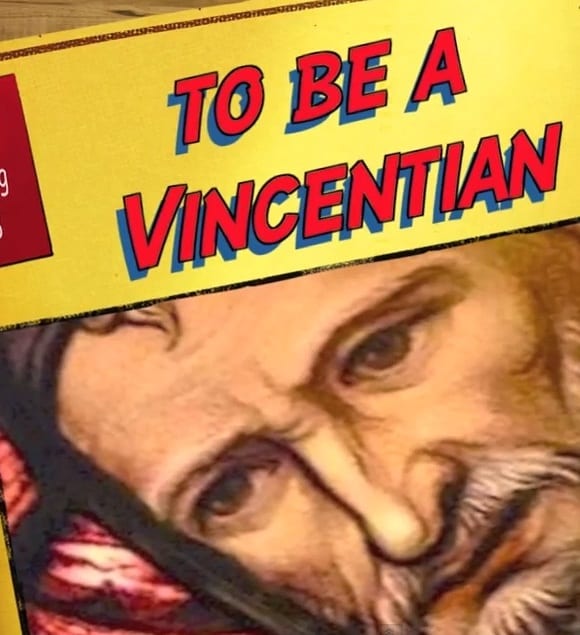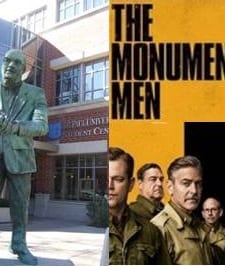Those of us who remember 9/11 have our stories. I drove back to Chicago from Utah in a rental car a few days after the towers fell and flights were impossible to get. As I listened to radio stations across the country, by and large the messages scared me and I feared for friends who were Muslim. I learned of a prayer service being held not too far from my path and drove to a small country church in Nebraska to celebrate a moment of prayer and try to make sense of what happened. I was surrounded by a community in a strange town without the company of a single person I knew and it was feeling surreal. I guess 9/11 felt surreal to many of us. Later I pulled into a rest stop in Iowa for a national moment of prayer. No one in the fast food line seemed to be taking a pause, but when I left the building to get back on the road I found a small group of young people huddled around a flickering candle on the pavement. There in the twilight we, mostly strangers, prayed together for peace and I felt connected for the first time in days.
Since 2001 I have been called on many times as a Chaplain to lead 9/11 prayers. I am a person who knows two young people, former co-workers, who were at the World Trade Center and heard the stories of how their families frantically searched for them and eventually came to mourn for them. I am a citizen of a country who responded to an extreme act of violence with what appears to be misinformed war that continues to feed more violence, when I had hoped we could choose another way. I have ambivalence about 9/11 – not as a day of remembrance, but for what we are called to remember. I think we are called to acknowledge loss, to be reminded that we need to care for one another and indeed to know one another across difference. For those of us who are religious we can remember that God is operative in this world and should be called upon, and that we are called upon to serve our fellow humans and contribute to peace and not terror in practical ways. People from around the world, from a myriad of cultures and ethnicities and races and religions and classes died in the 9/11 attack so an “America will stand strong against the world” rhetoric seems misguided to me– though I can see why it’s a comfort to many.
Today I think about Darya and Suzanne and the 2,975 others who died September 11th and the people who loved them and are grieving all over again: may they find comfort. I think about our diverse nation on this day and how we respond to global violence: I pray for peace. I think about those who are so desperate that violence becomes a tool – people in my city, my country, my world and I wonder how I am called to respond.
This evening, on the lawn in front of St. Vincent de Paul Church on Webster Ave. at 6:00 pm, the DePaul community will be praying at a candlelight vigil for those who suffer from gun violence. It’s not a 9/11 gathering per se, but it’s a small but important thing to do. I plan to bring my pre-school kids and so this moment of prayer tonight will be our 9/11 remembrance this year. What are you doing to remember this day in a meaningful way?
What are your stories?
Katie Brick serves at DePaul as Director of the Office of Religious Diversity. She also invites you to a DePaul Prayer for Peace to be held in the Lincoln Park Quad on Monday, September 22, at 6:00p.m.

